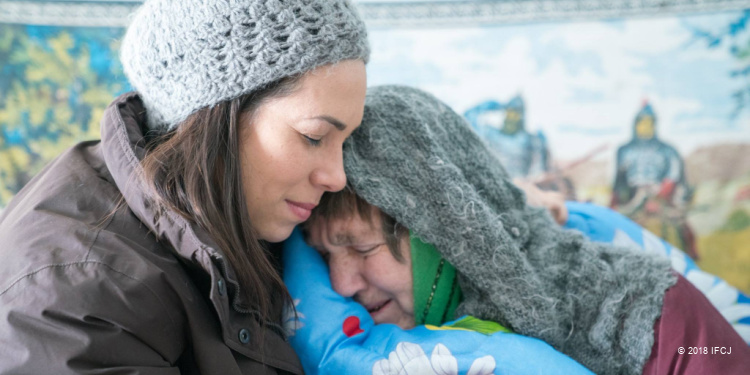What Our Tears Truly Mean
Yael Eckstein | November 11, 2021

Then Jacob kissed Rachel and began to weep aloud. — Genesis 29:11
Each week in synagogue, Jews read through the Torah from Genesis to Deuteronomy. The Torah portion for this week is Vayetze, which means “and he left,” from Genesis 28:10–32:3.
Rabbi Menachem Mendel Schneerson, known as the Lubavitcher Rebbe, was one of the greatest rabbis of the last century. He was known for his great wisdom and sensitivity, even as he led a worldwide movement of rabbis that continues today more than 25 years after his death.
I once read a short idea that he wrote that touched me deeply. The Rebbe said that crying is a sign of deep understanding of reality. Think about it. People who are in denial don’t cry. When people are in denial, they are either emotionless or they get angry, unwilling to accept reality.
When we cry, we show that we feel the full weight of what is happening in our lives or in the world around us, and that we accept it. That’s why we sometimes cry out of joy as well as when we are sad. We cry when we understand that what we are experiencing really matters. We cry when we know and accept that something important is happening. That’s what our tears truly mean.
What Our Tears Truly Mean
In this week’s Torah portion, we see that at the moment Jacob first met Rachel, he began to cry. Why was he crying? The Bible doesn’t explain. Nothing tragic happened in the scene. Was he crying out of joy? Was he upset about something?
The Jewish sages teach that Jacob cried because he saw prophetically that he and Rachel would not be buried together. In other words, Jacob understood, even in this moment of love at first sight, that God’s plan for the future would include challenges, and even tragedies, that were bigger than this relationship.
Jacob knew that his meeting with Rachel was not simply the meeting of two young people who would fall in love. Jacob understood at that moment that something was happening that was bigger than him, something that would change history forever.
Jacob cried because he understood that God’s plan would come between him and his love for Rachel. He cried because he accepted God’s plan for his life, even if it meant that he would experience difficulties along the way.
Your Turn:
Think about the times in your life when you have cried. Reflect on what your tears really meant at that time and how your tears brought you closer to God.
